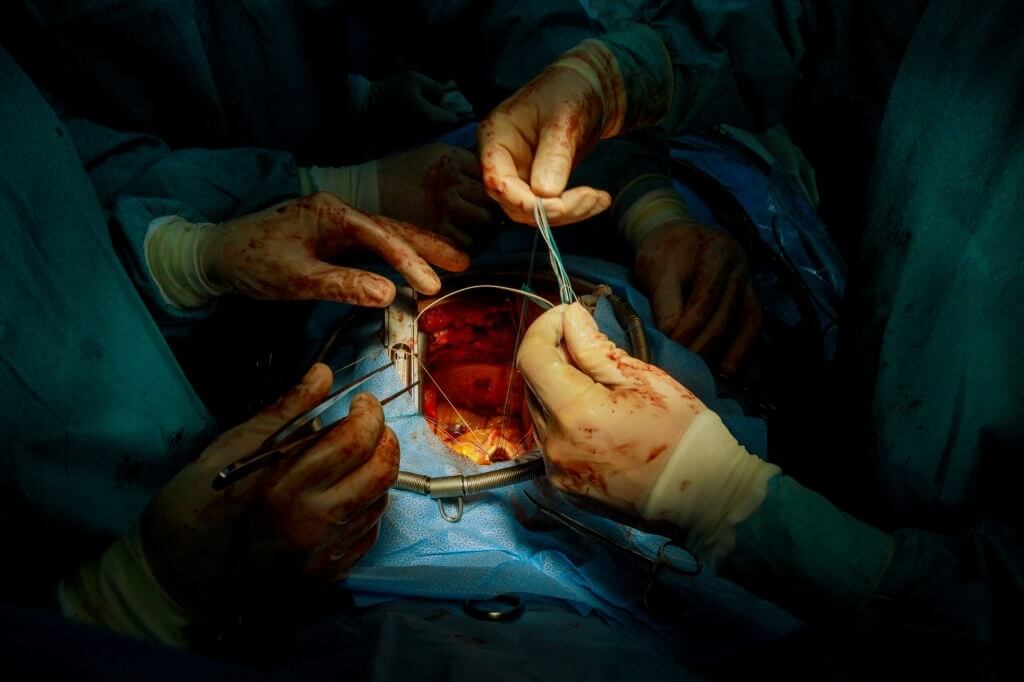An Annals of Neurology study reported that cardiopulmonary bypass, or heart-and-lung bypass, affects the growth and creation of brain cells in the subventricular zone of a child’s brain in unique ways. Neuroblasts and neurons grow and migrate in SVZ in the first few months of life, positively influencing the brain’s structure and function.
Researchers at Children’s National Hospital conducted a study to study the impact of cardiopulmonary bypass machines on brain development in newborns with congenital heart disease.
The Developing Brain May Be Affected By A Cardiopulmonary Bypass
Those who suffer from various cardiac issues are more prone to have an effect on their brain. A team of experts has conducted a study where this fact has been tracked.
They have tested various samples with different data and analyses that have revealed the facts about such patients in different areas.

The samples have been tested using the latest methods and tools by experts before coming up with the facts that are published in the report. As per the team, this research may be much helpful in curing the patients suffering from cardiopulmonary bypass in the past few years.
Their findings provide insight into the cellular impacts of cardiopulmonary bypass machines on brain development. In that way, they can refine strategies to help protect children’s fragile brains when they undergo lifesaving cardiac surgery with cardiopulmonary bypass while still in the womb.
As a result of cardiopulmonary bypass, the research team discovered: In neonates and infants, neurons do not form in the subventricular zone as expected. Neuroblasts, or nerve cells, may be unable to migrate to the frontal lobe as a result of this disturbance. SVZ neurons grow and move more slowly than in other parts of the brain.
The cortex is unable to grow and expand normally. Among these neurons are interneurons, which are found exclusively in the brain and spinal cord.
This study employs an innovative pre-clinical model of the developing brain based on the characteristics of human neonates and infants, and which is more anatomically and physiologically similar than those used in prior studies and most neurological laboratory researches.
Children with congenital heart disease sometimes display delays in cognitive and motor skills as a result of cardiopulmonary bypass, one of several key factors. Disability persists through adolescence and adulthood and ultimately results in long-term cognitive impairment. Genes, an abnormal blood flow in the brain while in utero, and inadequate cardiac output after heart surgery may also contribute to the challenge.
Nobuyuki Ishibashi at Yale University explains that unraveling cellular and molecular events during surgery will allow physicians to develop therapeutic strategies that can restore or restore the neurogenic potential of the neuronal stem precursor cells in the subventricular zone of newborn or infant brains.
The study was led by Dr. Jeffrey Grossman, director of Children’s National’s Cardiac Surgery Research Laboratory. The neurogenic activities of these precursor cells are improved when mesenchymal stromal cells are added to them, according to previous studies in our laboratory.
NIH-funded Medicap is a clinical trial using a cardiopulmonary bypass device for newborns and infants undergoing cardiac surgery. This study supported those efforts. A trial was conducted using the heart and lung machines themselves to deliver MSCs directly to the brain’s arteries.
Even though surgical and anesthetic decisions can result in myocardial injury during CPB, inadequate myocardial protection is considered to be the main cause. A lack of protection is thought to cause phosphate depletion and prevent myocytes from transporting calcium out of cells, causing calcium to accumulate in the cell.
In the event of an unprotected aortic cross-clamp, the electrical and mechanical functions should be stopped as soon as possible; otherwise, serious complications may arise